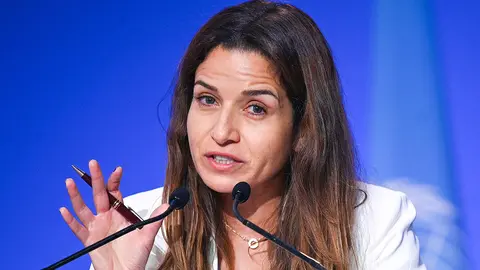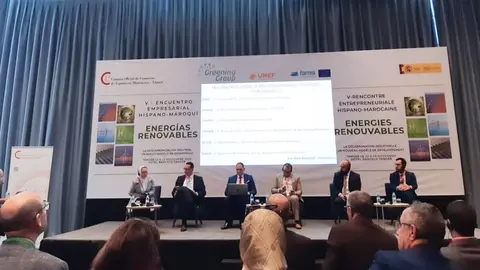Morocco develops other ways of obtaining green energy
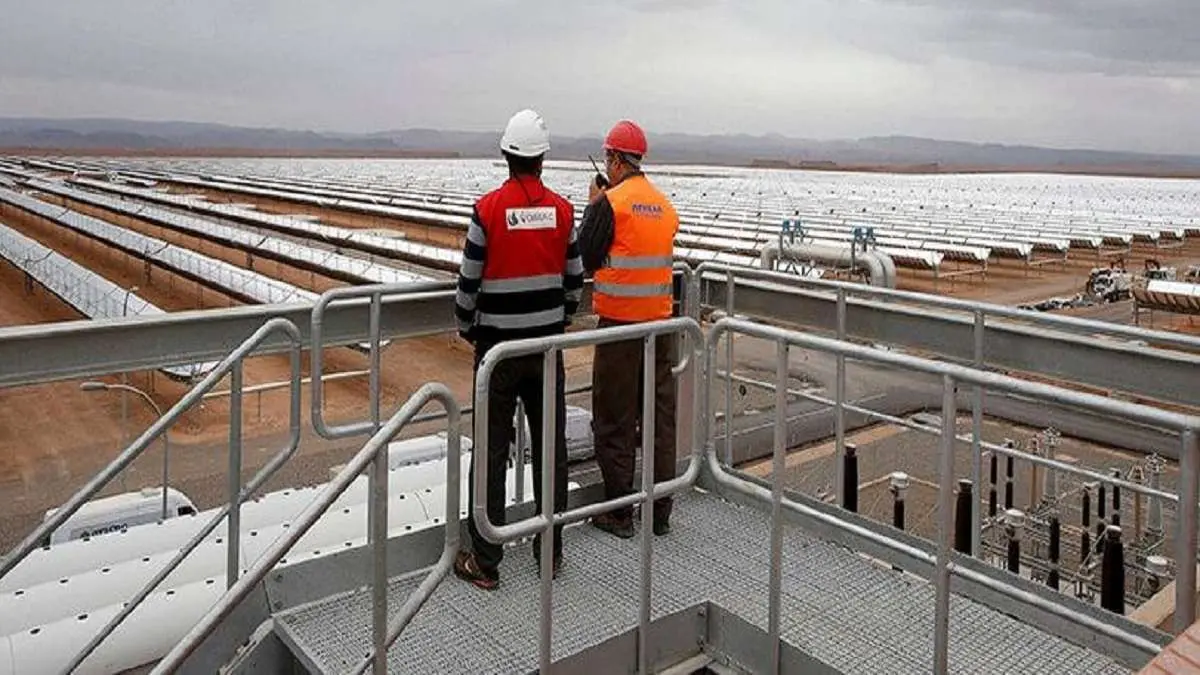
The production of energy from natural resources is the focus of the Moroccan government's investments. The project is part of the Moroccan kingdom's efforts to eliminate CO2 emissions from industry and achieve its Net Zero production target.
- Net Zero Objective
- Morocco a leader in clean energy in the Maghreb
- Emiratos Árabes Unidos y la colaboración con Marruecos
Morocco's Magabin Bel Group has inaugurated a new power generation unit based on boilers that produce steam by heating organic materials at its plant in Tangier's Mghogha industrial estate.
Official data show that in the country around 80% of domestic waste is organic waste, while in European countries this proportion does not exceed 30%
The project to use olive waste is an important step in the context of reducing the ecological footprint by converting waste into energy, and some Arab countries are starting to do the same to reduce electricity consumption and reduce dependence on fossil fuels in production.
مجموعة مجابن "بل" المغرب تدشن وحدة جديدة لتوليد الطاقة النظيفة من الكتلة الحيوية بالمنطقة الصناعية مغوغة بطنجة.@MezzourR pic.twitter.com/s1GWVGiLl3
— Ministry of Industry & Trade - Morocco (@mcinetgov_ma) February 13, 2024
The new clean biomass power generation unit in the Mghogha industrial zone. The project, led by the Minister of Industry and Trade, Ryad Mezzour, and with an investment of 30 million dirhams (2.9 million dollars), will allow the company to supply 80% of the current consumption of its Tangier factory with green energy. In addition, the "Skills Nursery" project was launched to bring Morocco's top talent and technology up to speed.
The minister said at the inauguration that the project "is of particular importance as it is intensely linked to a company that has been part of every Moroccan family for more than 50 years".
Net Zero Objective
The opening of this facility is part of the Alawi nation's clean transformation ambitions, as it elevates the Tangier plant to the Magabin Group's first international facility and helps shape its strategy to decarbonise all its factories by 2025.
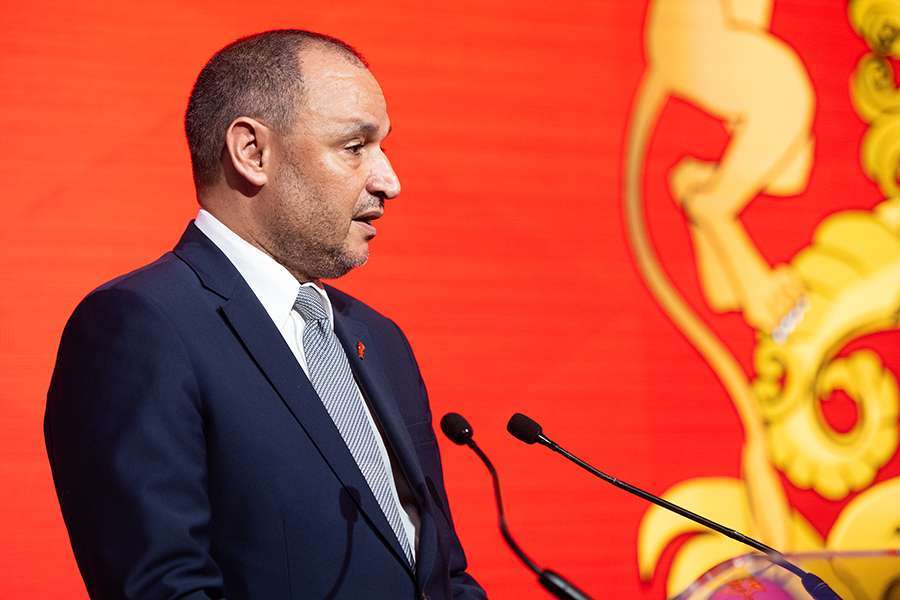
"This project symbolises the group's exemplary commitment to its mission to produce healthy and responsible food for all," said group CEO Antoine Vivi in a statement carried by the official MAP news agency. He said the issue was considered a "purely Moroccan speciality" because this prevailing spirit did not exist in other departments of the group.
The government is developing legal and policy instruments on circular economy practices, specifically aimed at protecting natural resources, taking into account, in particular, extended producer responsibility. The olive waste project is an important step towards eliminating carbon emissions by converting waste into energy.

The ministry's programme manager, Hafsa al-Khulaifi believes the Bel unit is in line with the country's economic and environmental strategy. "The installation demonstrates the group's commitment to the decarbonisation of an industry that today has become a challenge for several countries, in addition to Morocco," she said.
Al-Khulaifi explained that this project will not only reduce the company's carbon dioxide emissions, but will also solve the problem of waste generated during olive oil production, which threatens natural resources, especially water resources.
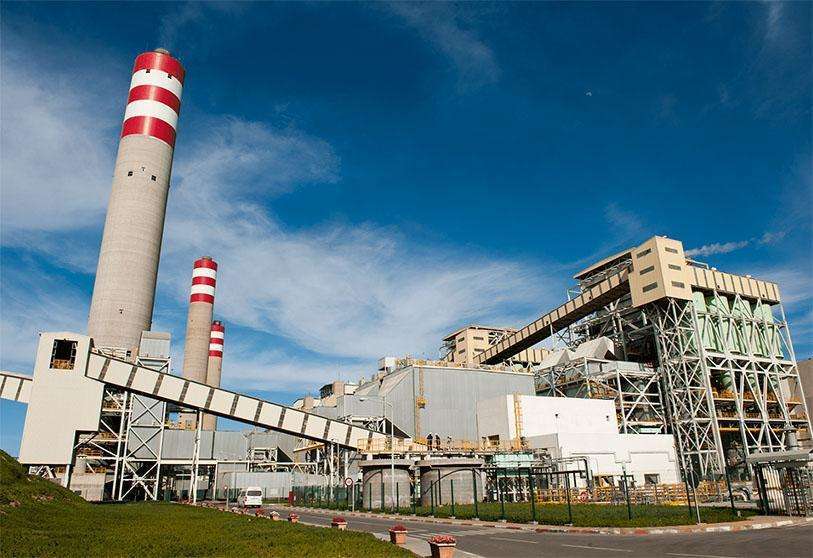
Morocco a leader in clean energy in the Maghreb
In recent years, government initiatives to develop the recycling and waste management sector have received increased support from the World Bank, but it seems that Morocco still needs to work hard.
The growth and prosperity of Morocco's organic sector can be seen in the emergence of initiatives such as the French Suez Recycling Centre in Meknes, which processes 7,000 cubic metres, but the country has not yet been able to create an effective system.
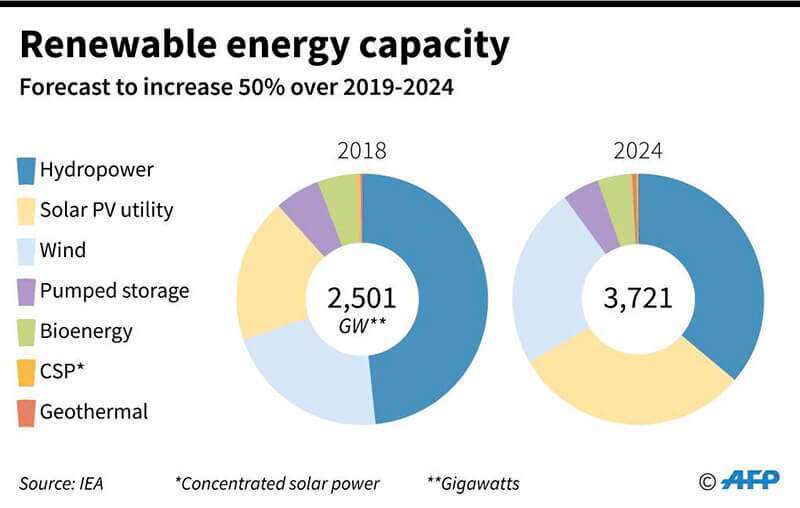
More investment in waste
As in the Maghreb countries, most waste in Morocco is disposed of entirely in landfills. Industrial products such as plastic, cardboard and electronics are recycled at 12%.
This number is considered small despite many projects, including: the National Strategy for Sustainable Development and the Recycling Programme aimed to reach 20 per cent by 2022, but this deadline has been postponed to 2030.
According to government reports, there are about 26 landfills and recycling centres across the country and 66 landfills have been reclaimed. In 2015, the city of Fez in central Morocco launched its first 10 million euro waste-to-energy project to power homes and streets.

